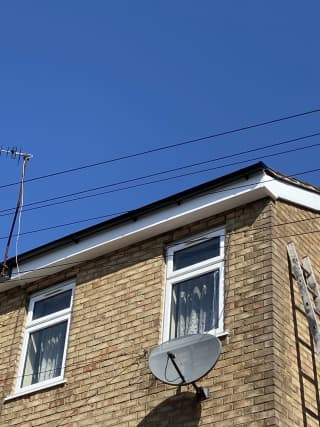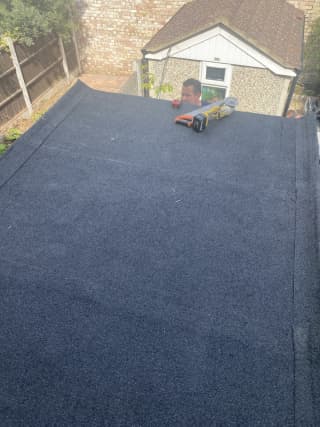Soffits are constructed by homeowners on their properties for several purposes. Not only are they incorporated to hide away the unsightly features of a home, but they can also be used to add decorative architectural detail. Soffits construction, on the other hand, is a project that can be done by any DIY person with the knowledge and experience. However, if you lack the confidence to pull this off, then we’d strongly recommend you get in touch with a reliable professional who can guarantee the best results, the first time. In this guide, we’re are going to take you through the soffit construction process.
✓ Measure and mark. The first step is to take an accurate measurement of the size of your propose soffit and use a pencil to mark it out on both the wall and ceiling. The size of your soffits is mainly determined by your needs or preferences.
✓ Cut and Install Wall & Ceiling Plates. Proceed to cut the wall as well as ceiling plates once the dimensions have been marked. Make use of 2x4 lumber, you can cut to size with the help of a table saw or mitre. Once done, you can then attach it to the wall as well as ceiling studs with a framing nail gun.
✓ Build the box frame. Develop a box-frame from 2x4 lumber, using your measurements as guide.
✓ Fit the box frame. Hold the box frame in place with some slide clamps and then attach it to the ceiling and wall plates with drywall screws.
✓ Mark the studs. Make use of a pencil to mark out the studs location on your soffit box frame.
✓ Cut and hang the drywall. Cut the drywall with a utility knife uing your measurement as a guide. Once done, attach the drywall to the framework with the help of drywall screws.
✓ Add finishing touches. This includes installing the corner beads, finishing off with the common drywall work of taping, spackling and sanding. Once the spackle is dry, you can the complete it by painting the soffit.











